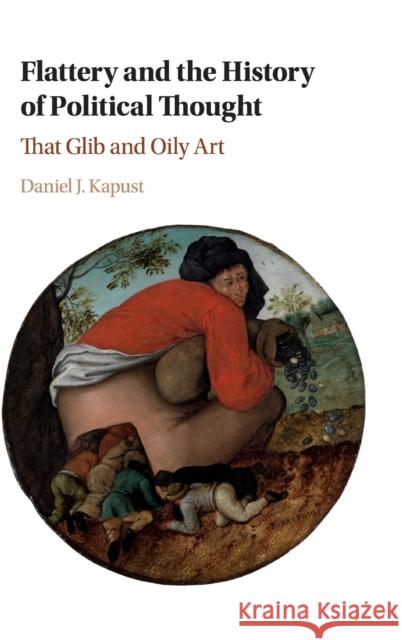Flattery and the History of Political Thought: That Glib and Oily Art » książka
topmenu
Flattery and the History of Political Thought: That Glib and Oily Art
ISBN-13: 9781107043367 / Angielski / Twarda / 2018 / 238 str.
Flattery and the History of Political Thought: That Glib and Oily Art
ISBN-13: 9781107043367 / Angielski / Twarda / 2018 / 238 str.
cena 572,86
(netto: 545,58 VAT: 5%)
Najniższa cena z 30 dni: 407,12
(netto: 545,58 VAT: 5%)
Najniższa cena z 30 dni: 407,12
Termin realizacji zamówienia:
ok. 16-18 dni roboczych
Bez gwarancji dostawy przed świętami
ok. 16-18 dni roboczych
Bez gwarancji dostawy przed świętami
Darmowa dostawa!
Demonstrates flattery's importance for political theory, addressing representation, republicanism, and rhetoric through classical, early modern, and eighteenth-century thought.











